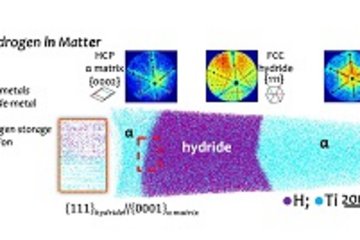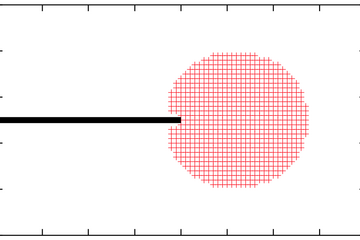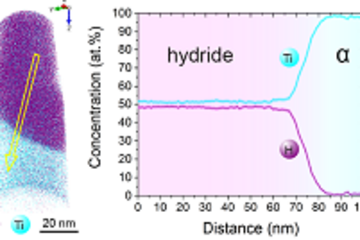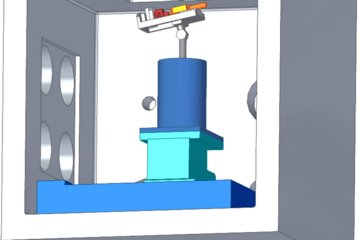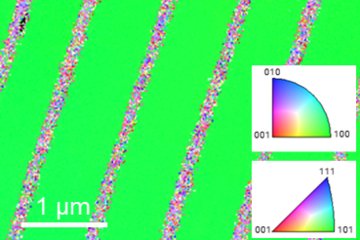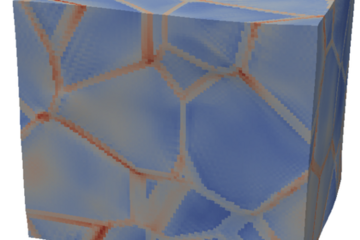All genres
281.
Poster
First principles determination of structural phase transitions in smart materials. International Workshop on Multiscale Materials Modelling (IWoM3), Berlin, Germany (2009)
282.
Poster
The free energy of iron: Integrated ab initio derivation of vibrational, electronic, and magnetic contributions. International Workshop on Multiscale Materials Modelling (IWoM3), Berlin, Germany (2009)
283.
Poster
A Treasure Map for Phase-Change Materials. DPG Spring Meeting 2009, Dresden, Germany (2009)
284.
Poster
Ab initio finite temperature materials properties: Novel methods for critical free energy contributions. Scientific Advisory Board Meeting 2009, MPIE, Düsseldorf, Germany (2009)
285.
Poster
Importance of magnetism for the thermodynamics of bcc iron: An ab initio study. Summer School 'Nanomagnetism and Spintronics', Prague, Czech Republic (2008)
286.
Poster
First Principles Study of Fe–C interstitial solid solutions. International Workshop on Ab initio Description of Iron and Steel (ADIS2008), Ringberg Castle, Germany (2008)
287.
Poster
First principles determination of phase transitions: The (pre)martensitic transition in Ni2MnGa. UCSB-MPG Workshop on Inorganic Materials for Energy Conversion, Storage and Conservation, UCLA Lake Arrowhead Conference Center, CA, USA (2008)
288.
Poster
Importance of magnetism for the thermal expansion of transition metals: An ab initio study. Spring meeting of the German Physical Society (DPG), Berlin, Germany (2008)
289.
Poster
A first principle determination of phase transitions in magnetic shape memory alloys. Multiscale approach to alloys: Advances and challenges, Stockholm, Sweden (2007)
290.
Poster
Determination of symmetry reduced structures by a soft-phonon analysis in magnetic shape memory alloys. Theory meets industry. The impact of density-functional calculation on materials science, Vienna, Austria (2007)
291.
Poster
Towards an ab initio determination of the phase transformations of Ni2MnGa. Fokus-Treffen of the SPP 1239, Schloss Ringberg, Germany (2007)
292.
Poster
Accuracy and error bars of DFT calculated thermodynamic properties for elementary metals. 13th International Workshop on Computational Physics and Materials Science: Total Energy and Force Methods, Trieste, Italy (2007)
293.
Poster
Determination of symmetry-reduced structures by a soft-phonon analysis in magnetic shape memory alloys. 13th International Workshop on Computational Physics and Materials Science: Total Energy and Force Methods, Trieste, Italy (2007)
294.
Poster
Temperature dependent properties of the Heusler alloy Ni2+xMn1-xGa. International Workshop on Ab initio Description of Iron and Steel (ADIS2006), Status and future challenges, Ringberg Castle, Germany (2006)
295.
Poster
Temperature dependent properties of Ni-rich Ni2MnGa. Materials Research Society fall meeting, Boston, MA, USA (2005)
296.
Thesis - PhD
Towards ab initio assisted materials design: DFT based thermodynamics up to the melting point. Dissertation, University of Paderborn, Paderborn, Germany (2009)




